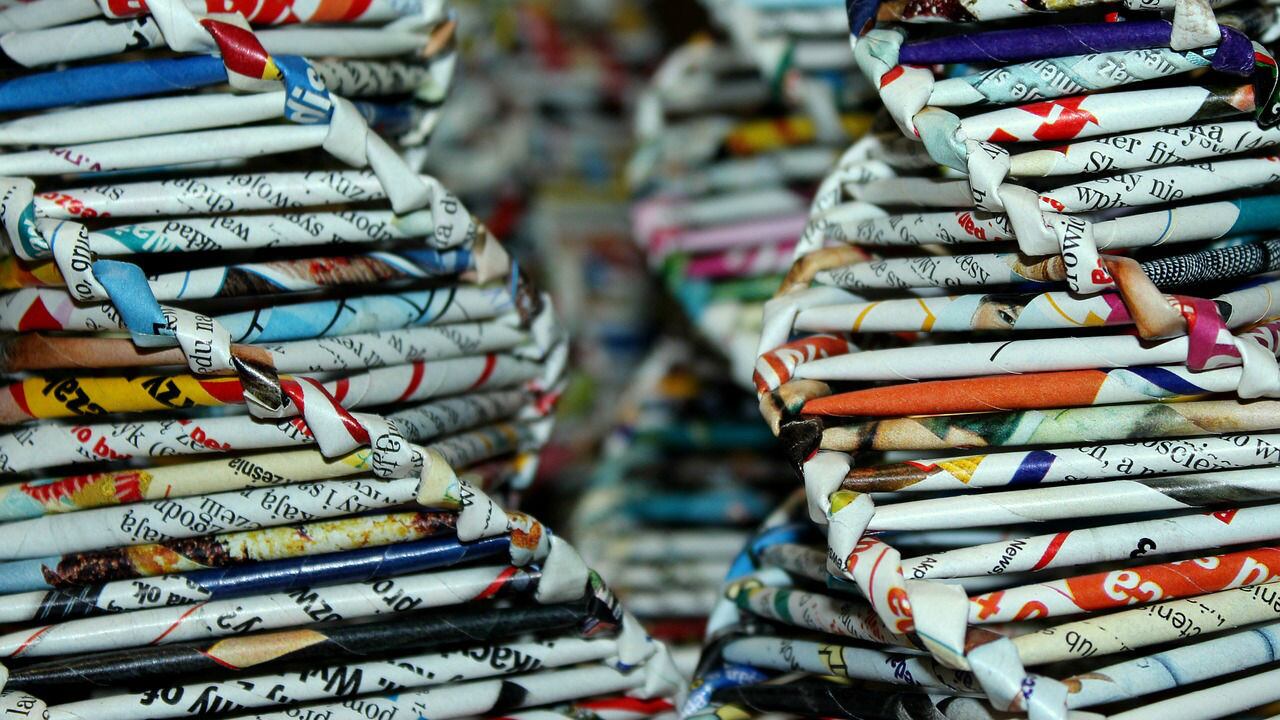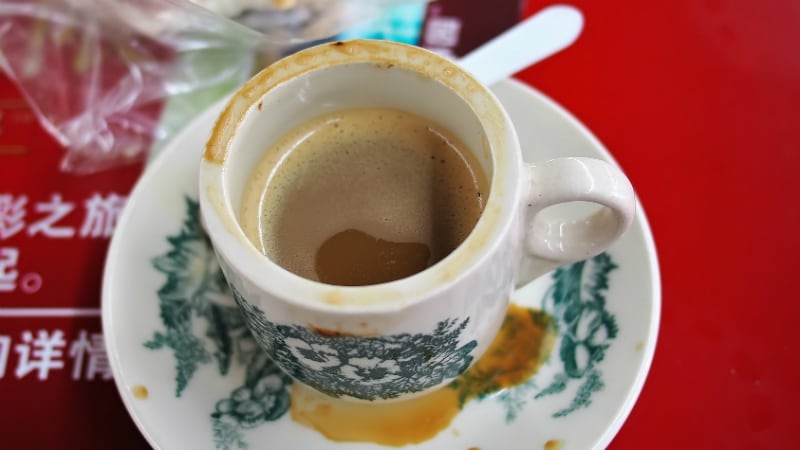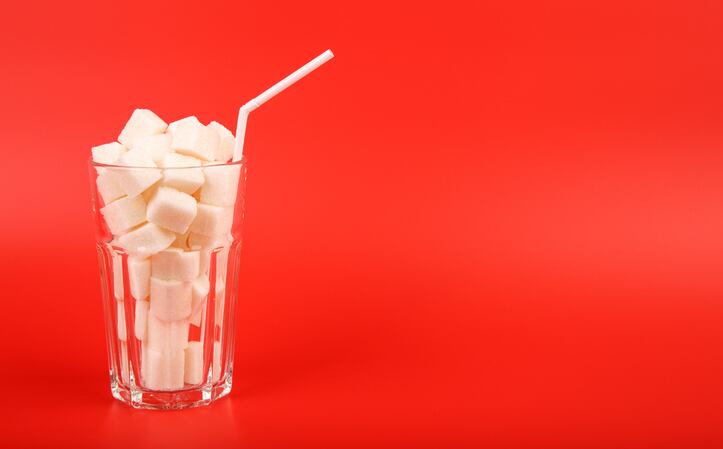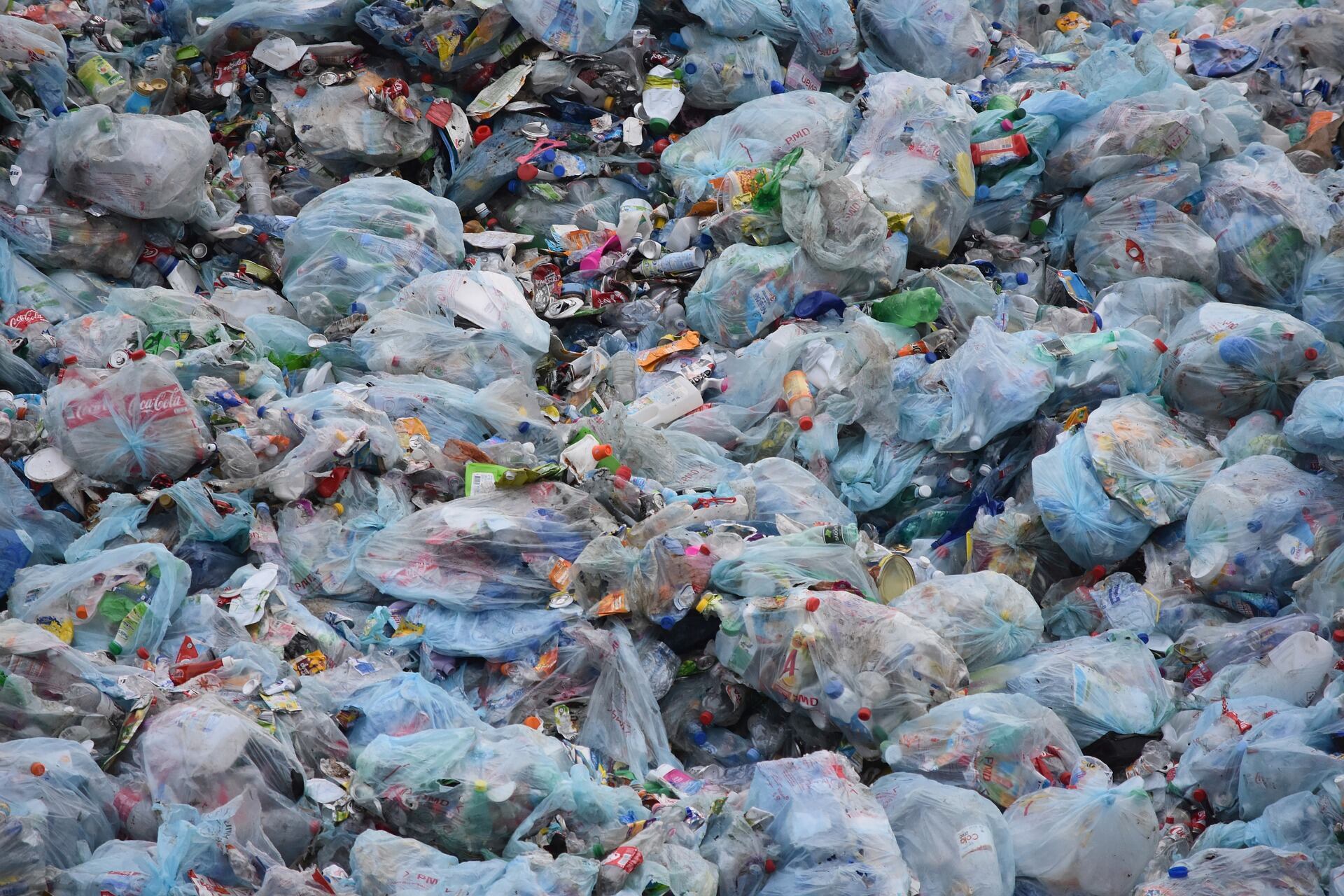‘Next level’ of food safety in India: FSSAI announces new packaging regulations
The Food Safety and Standard Authority of India (FSSAI) has announced new regulations prohibiting all food businesses in India from using ‘unsafe’ materials such as newspapers and recycled plastics to wrap food products.
“The food businesses shall have to comply with these regulations by July 1 2019,” said FSSAI CEO Pawan Agarwal.
According to the official FSSAI statement on the matter, the regulations will cover general and specific packaging material requirements as well as overall migration and specific migration limits of contaminants for plastic packaging materials
“[The] packaging materials used for packing or storing the food products shall conform to the Indian Standards provided in the schedules,” it added.
According to The National Law Review, compliance to these standards was only on a voluntary basis previously.
Thailand’s artificial trans fats ban implementation well-received by PepsiCo and food industry
Thailand has become the first ASEAN country to implement a ban on artificial trans fats after the ban came into force on January 10. So far, it has been well-received by potato chips manufacturing giant PepsiCo (under brands such as Lay’s and Cheetos) and others in the food industry.
The ban encompasses not only the manufacturing, importing and distribution of trans fats, but also all food products that contain these.
First announced by the Thai Public Health Ministry on July 13 last year, the ban was slotted to come into effect after 180 days, which was on January 10 this year.
Claims Coca-Cola shaped Chinese anti-obesity policies to its advantage via government ties: Studies
Two studies, published in the Journal of Public Health Policy and the BMJ, said that Coca-Cola’s links with Chinese health authorities, have caused China’s anti-obesity policies “to emphasise physical fitness over dietary restrictions, matching strategies advocated by Big Soda.”
Conducted by Susan Greenhalgh, a research professor at Harvard University, the study pinpointed that the International Life Sciences Institute (ILSI) – founded and funded by Coca-Cola, was a stepping stone that the soda giant used to shape anti-obesity policymaking in China.
There are 17 ILSI branches worldwide, but Greenhalgh posited that it welded a greater influence in China due to the connections that it enjoyed.
Health tax in Qatar: Price hikes as 100% levy on alcohol, energy drinks, and pork introduced
A 100% tax is imposed on alcohol, energy drinks, and pork, while the tax rate for sugary drinks is 50%, the country’s Ministry of Finance said as part of its budget announcement.
The law was implemented on January 1.
Since the implementation, many alcohol and energy drinks products saw a price hike.
‘A tax for good’?: Jamie Oliver films video imploring New Zealand Health Minister to pass sugar tax
Celebrity UK chef Jamie Oliver has filmed a video directed at New Zealand Health Minister David Clark, imploring him to ‘listen to the people’ and get a sugar tax passed in the country.
The video was broadcasted at a sugar tax symposium that Clark was scheduled to open. However, Clark was not present on the day, sending his deputy Maree Roberts instead.
Nonetheless, Oliver made several heartfelt pleas in the video, calling the sugar tax ‘a thing of beauty’.
“This tax is a tax for good. [It] is a thing of beauty. When it was ratified in the British government, [it led to] one in three sugary drink products being reformulated, meaning that reformulation took place at a velocity and rate that had never been seen before in British history,” said Oliver.
He also listed out various positive effects of the successful implementation of sugar tax in the United Kingdom, where he previously led a campaign to get the tax passed.





